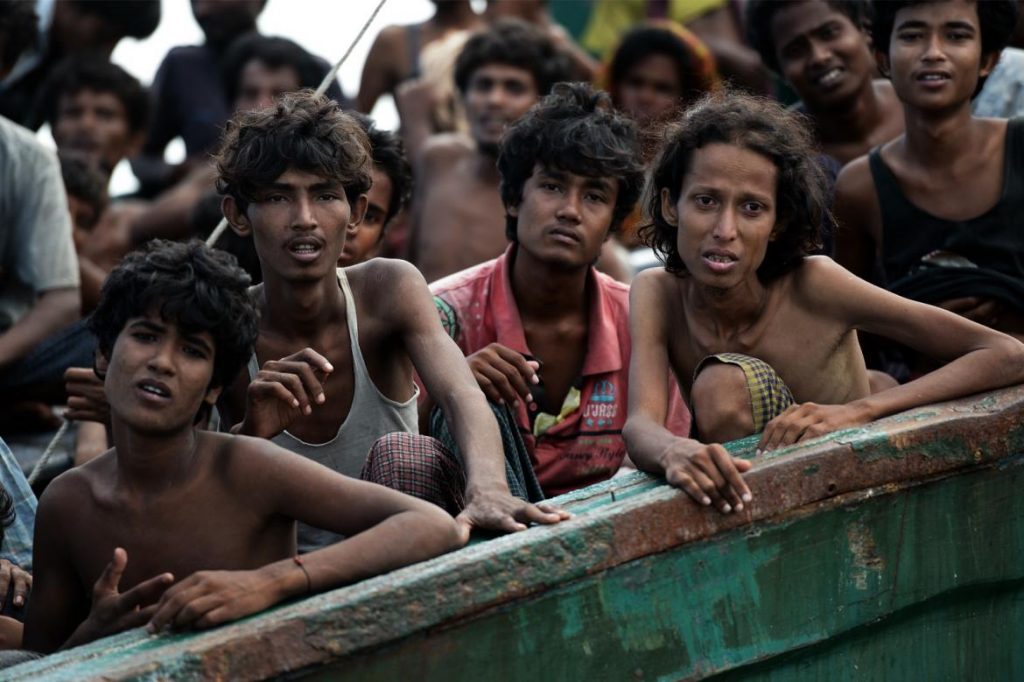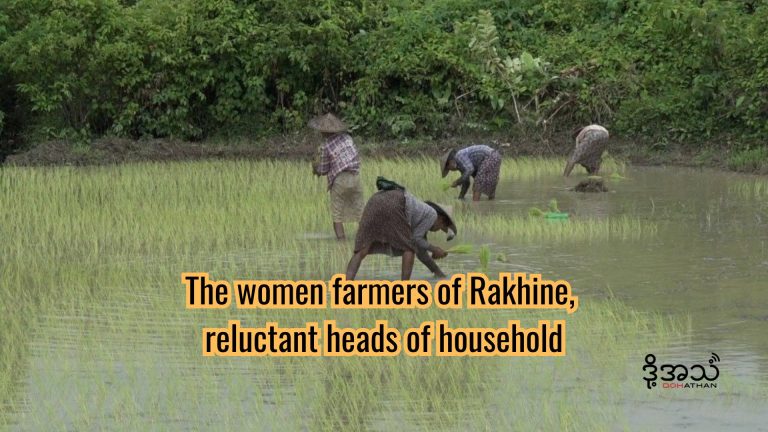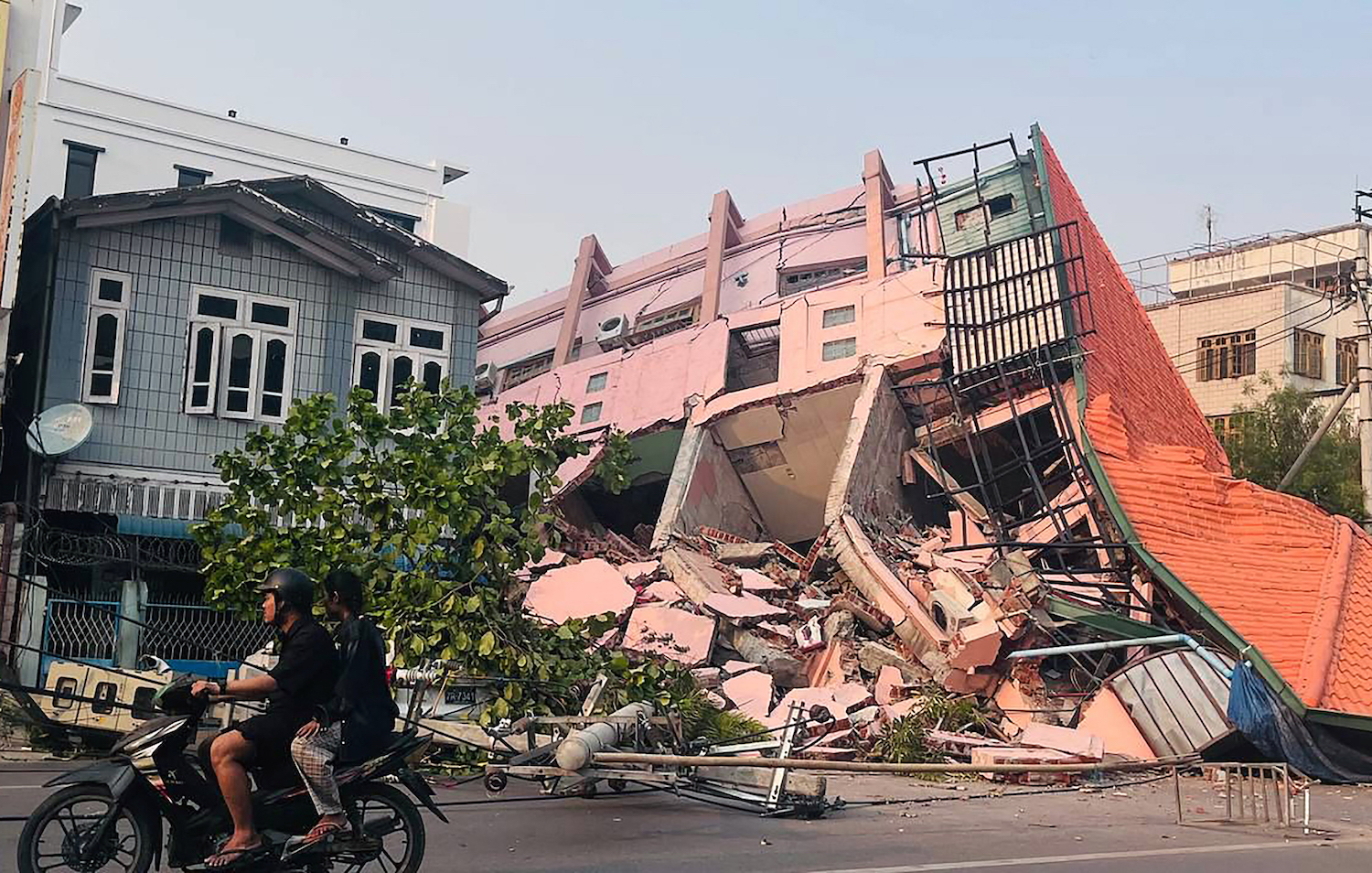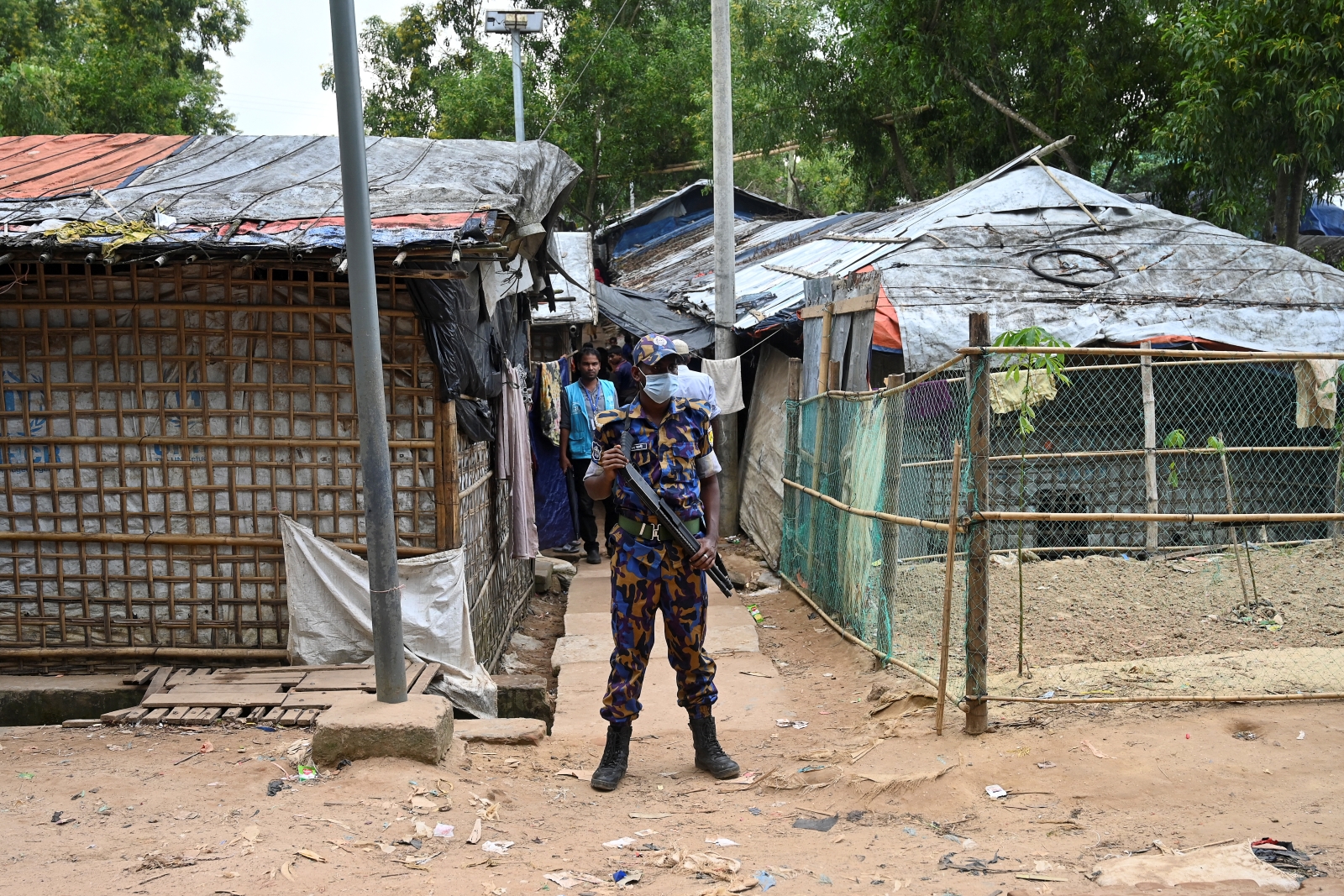Thailand called at a regional summit last week for “action” to tackle the annual seasonal surge in boat people from Myanmar and Bangladesh crossing the Bay of Bengal, media reports said.
“It’s clear that we need an explicit and efficient mechanism to manage and control the negative impacts of irregular migration,” Thai Foreign Minister Don Pramudwinai said at the opening of the summit in Bangkok on December 4.
“The time for promises has passed. Now is the time for action,” said Mr Don.
He said a comprehensive solution involving all stakeholders needed to include economic development support to reduce the “push” factor prompting irregular migration from Myanmar and Bangladesh.
Thailand called the summit to discuss the “root causes” of the increase in the number of people leaving Myanmar and Bangladesh in boats each year during the “sailing season” after the end of the monsoon.
Support more independent journalism like this. Sign up to be a Frontier member.
Most of the boat people are Rohingya fleeing persecution in Rakhine State and Bangladeshis escaping poverty in their homeland.
Addressing a news conference after the summit called for greater action to resolve the issue, Dr Don expressed hope that a sustainable solution would eventually be found.
The summit on irregular migration in the Indian Ocean, attended by delegates from more than 20 nations and international organisations, was the second meeting of its kind this year.
The first in May came amid a regional migration crisis triggered by a crackdown on trafficking gangs in Thailand that resulted in thousands of boat people being abandoned at sea or in grim jungle camps.
Among those at last week’s meeting was a senior official from the United Nations refugee agency, the UNHCR, who welcomed the regional effort to address the issue.
The UNHCR’s assistant high commissioner for protection, Volker Türk, also said he had seen progress in finding solutions for internally displaced people during a recent visit to Rakhine State, but had heard about “legitimate grievances” that needed to be addressed.
“The heart of the matter lies in ensuring a legal identity for all people on Myanmar’s territory and the fundamental freedoms that must go with it, such as freedom of movement, non-discrimination and access to services,” said Mr Türk.
“We hope that the new government will give this issue the attention it deserves,” he said.







